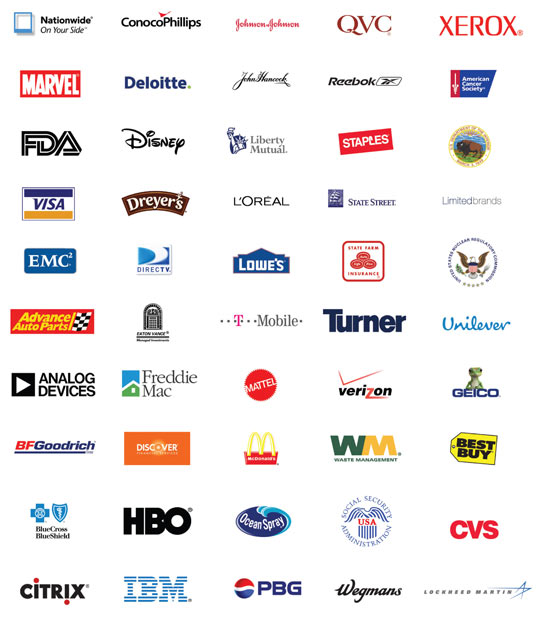 The College Recruiting Best Practices Workshop
The College Recruiting Best Practices Workshop
“Build A Cost-Saving & Full-Cycle College Recruiting Program From The Leading Industry Expert.”
Hosted By: The University of Illinois Career Services & The Illinois Technology Association
June 18, 2015 | 8:30am – 3:30pm
ILLINI CENTER | University of Illinois | 200 S. Wacker Drive, 4th Floor, Chicago, Illinois 60606
Prices – $99 For-Profit | $79 Non-Profit/Government
Continental Breakfast, Lunch & Snacks Provided!

The College Recruiting Best Practices Academy is a one-day program designed to help employers build a win-win full-cycle college recruiting program. With content derived from detailed industry research, and gathering of best practices and first-hand practical experience, you will leave this program with a newfound approach to establishing the very best college recruiting strategy possible.
The presentation includes data and best practices compiled as a result of extensive efforts to identify and process vast amounts of industry-related information and best practices. This includes data derived from Intern Bridge proprietary research and 40,000+ survey respondents. You will also benefit from the first-hand experiences of someone that has built college recruiting strategies with hundreds of Fortune 500, small to medium sized organizations as well as government entities throughout the United States.
QUESTIONS? Do not hesitate to email info@internbridge.com
- Increase you organization’s brand awareness on college campuses;
- Create and maintain a pipeline of highly qualified and educated full-time job candidates;
- Build long-lasting relationships with local universities.
- Design and execute a successful “First 90 Days” and other aspects of successful on-boarding and orientation programs;
- Make the most of recent trends and best practices in college recruiting;
Topics Include:
- Understand and communicating with the Millennial generation;
- Building the business case for a full-time entry talent development program;
- Gaining executive level support;
- Achieving strategic diversity initiatives;
- Implementing effective career and professional development programming;
- Building an effective assessment and evaluation process to include metrics, reporting and success tracking;
- Designing effective retention strategies and not fall victim to “Millennial job-hopping”;
- AND MUCH MORE!
REGISTRATION
CLICK ON IMAGE BELOW TO REGISTER
|
 |
PAST PARTICIPANTS OF INTERN BRIDGE PROGRAMS
The Internship Best Practices Program is appropriate for organizations of any size, from any industry, anywhere in the country. Over fifteen-thousand have participated in Intern Bridge programming since 2005. A few notable organizations that have participated in various Intern Bridge programming include:
ABOUT THE PRESENTER

Robert has earned his Doctorate of Philosophy from Texas Tech University, a master’s degree in training and development from Midwestern State University, and a bachelor’s degree in education from the University of Toledo.


